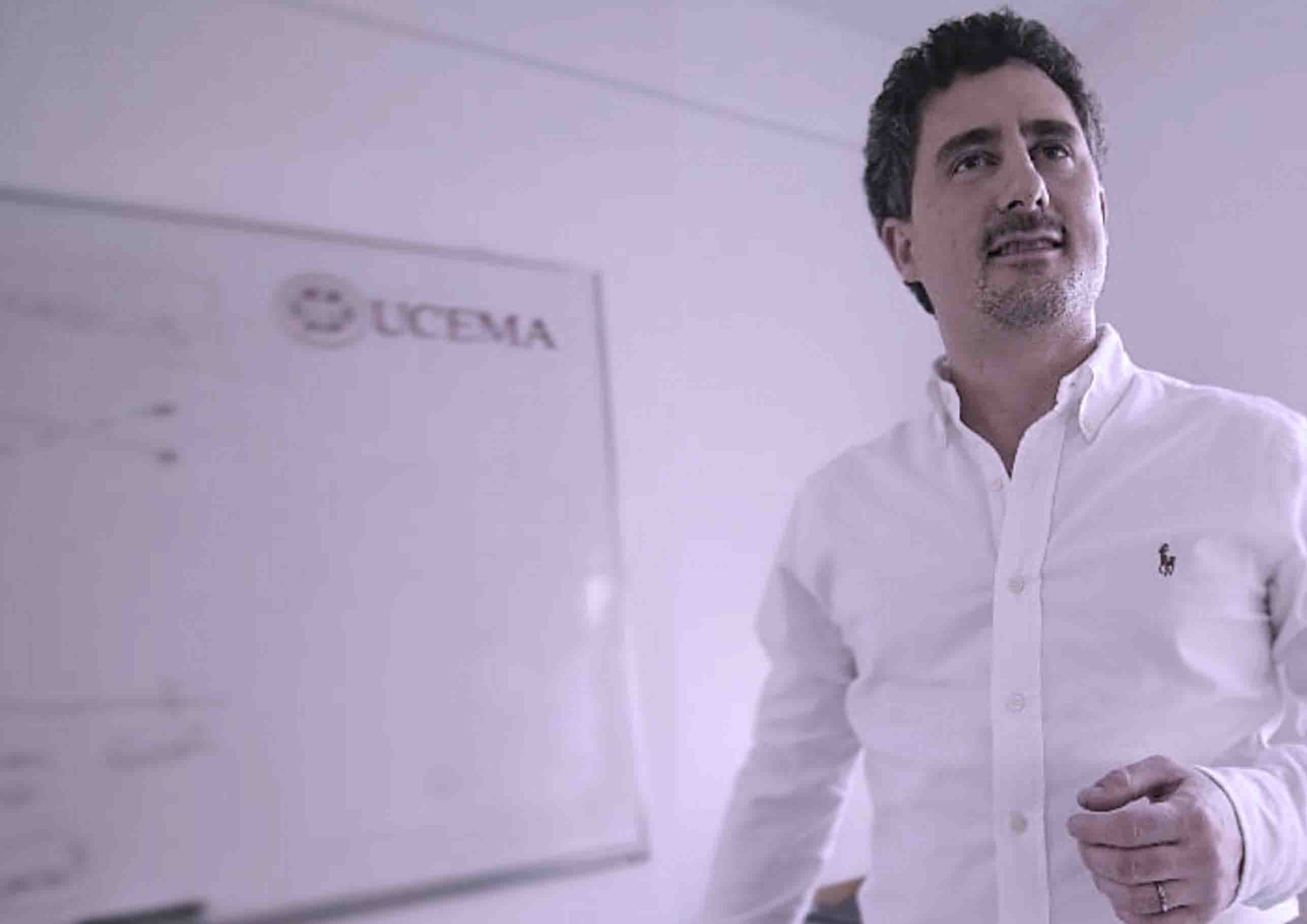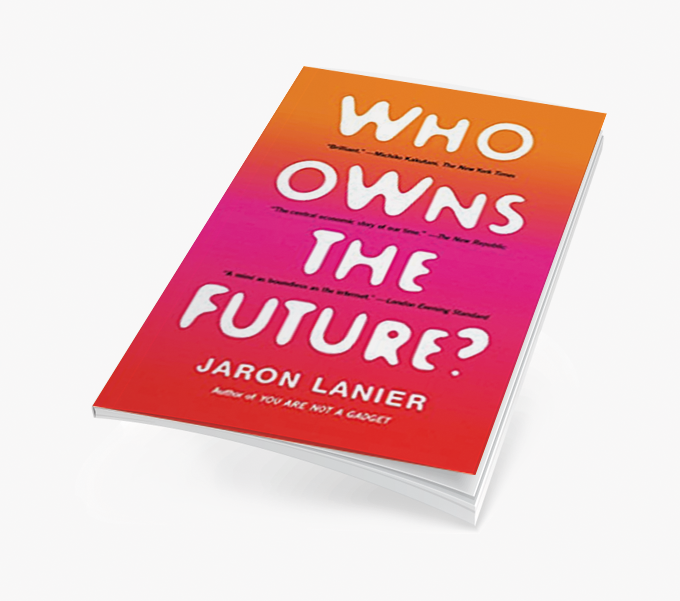

"Who Owns the Future?" by Jaron Lanier is a visionary exploration of the digital economy's future and its profound impact on society. Lanier, a pioneer in virtual reality, presents a critical analysis of the current digital landscape, where a few tech giants—dubbed "Siren Servers"—monopolize the vast majority of data and wealth. These entities exert significant control over the digital market, collecting data from individuals without fair compensation. This centralization of power and wealth leads to the erosion of the middle class and undermines the traditional economic value of creativity and labor. Lanier's concern is the creation of an economy where the majority are left poorer by digital advancements that benefit only a select few.
Lanier proposes a radical solution to this issue: a Humanistic Information Economy that rewards individuals for their contributions to the digital world. He suggests that if people were compensated for the data they generate and the content they create online, it would lead to a more equitable distribution of wealth. This model hinges on the implementation of micropayments, allowing creators to earn from their work continuously. Such a system would not only provide a sustainable income for individuals but also encourage a richer, more diverse digital ecosystem. Lanier's vision extends beyond mere compensation, advocating for a reevaluation of value in the digital age, where human contributions are recognized and rewarded accordingly.
Furthermore, Lanier delves into the societal and cultural implications of digital technologies, emphasizing the erosion of privacy, the rise of misinformation, and the loss of individuality. He warns of the dangers of algorithmic bias and the unethical design of technology that prioritizes efficiency and profit over human well-being. Lanier calls for a more ethical approach to technology development, one that respects human dignity and fosters genuine human connections. This includes rethinking the role of AI and automation in society, ensuring that technological progress enhances human work rather than replaces it, and promoting a culture of digital citizenship where individuals actively participate in shaping the digital landscape.
The book also challenges the prevailing notion that free services are inherently good, highlighting the hidden costs of these models, including job destruction and the undermining of creative industries. Lanier argues that the pursuit of free digital services has led to a concentration of power in the hands of a few, stifling innovation and creativity. He suggests that breaking free from the addiction to free services is essential for the creation of a more vibrant and equitable digital economy. By supporting small businesses and encouraging ethical consumer practices, individuals can contribute to a more diverse and competitive market.
In conclusion, "Who Owns the Future?" is a compelling call to action for reimagining our relationship with digital technology. Lanier's insights into the digital economy are a valuable resource for freelancers, entrepreneurs, intrapreneurs, and business leaders looking to navigate the challenges of the digital age. By embracing the principles of a Humanistic Information Economy, advocating for data ownership, and promoting ethical technology design, we can forge a future that benefits all members of society. Lanier's work is not just a critique but a roadmap for building a more equitable and human-centric digital world, offering tools and insights that empower readers to contribute to a more just and sustainable digital future.








